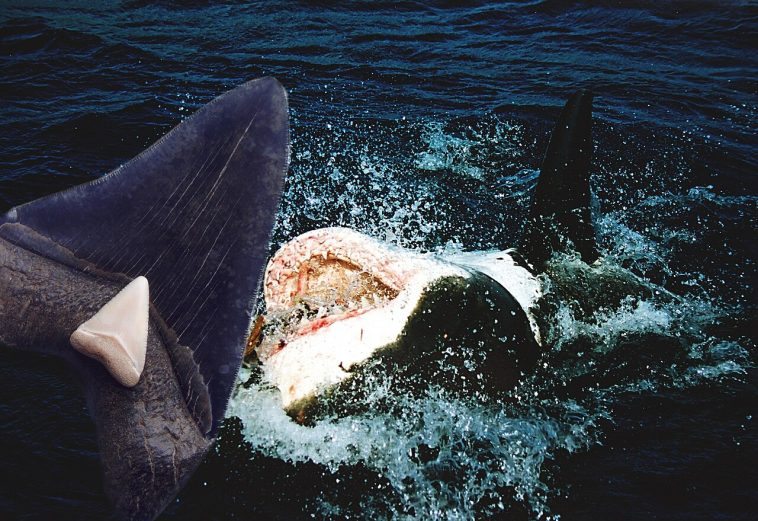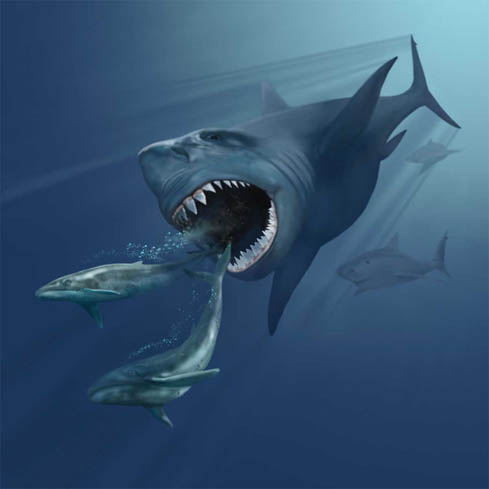
The true cause of this massive extinction has captured the imaginations of people across the globe, especially scientists who seek the truth.
Recent studies reveal that an unlikely foe may have been the cause of the megalodon’s demise: the much smaller great white shark.
While the great white shark is a predator in its own right, it was four times smaller than the megalodon. However, this size might have led to a huge evolutionary advantage and a takeover of the food chain.

By studying the teeth of megalodons and great white sharks from hundreds of years ago, researchers were able to put together the pieces of what their respective food chains were made up of. By studying these teeth and determining their zinc isotope levels, researchers found similar levels in both great white sharks and megalodons. These results imply that white very different in size, the two species likely shared the same prey.
From their findings, it’s likely that they shared the same prey. This theory had been floated by researchers before, but this is the first time there was some kind of evidence to point to.
Other causes of the extinction include climate change or other changes in the ecosystem.
So, much like slow and steady wins the race, the little guy can sometimes come out on top.




